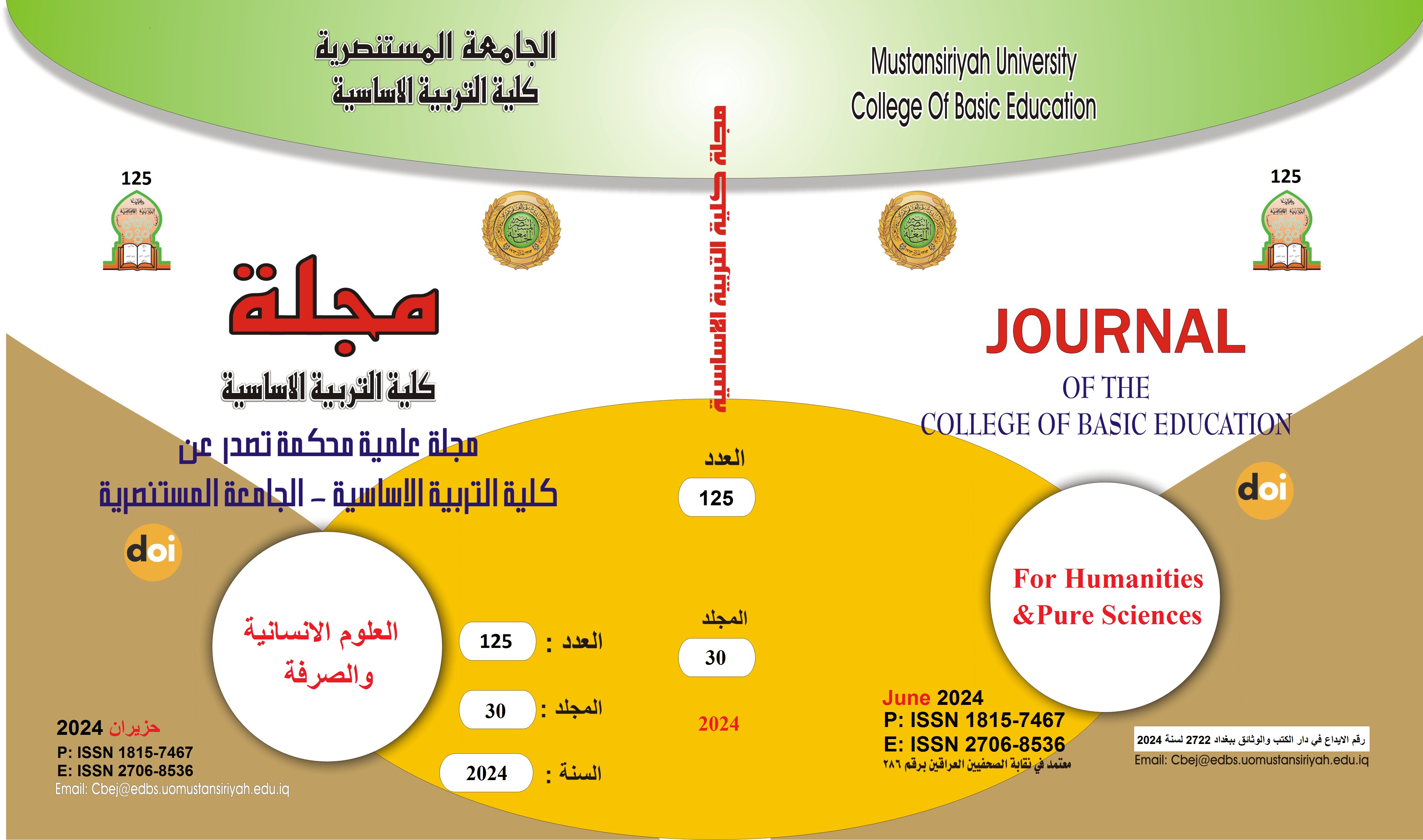Problems and needs of Palestinian refugee women in Palestinian camps (a study applied to women in Al-Fara’a camp institutions)
Main Article Content
Abstract
This study aimed to identify the problems and needs of Palestinian refugee women in the Palestinian camps. After enumerating the study population, the researcher selected the study sample by a simple random method, and it consisted of (50) women working in the Fara’a camp institutions. The researcher also prepared the study tool (the questionnaire). Then, he verified it by reviewing it linguistically and presenting it to a group of reviewers specialized in this field at Al-Quds Open University, in order to ensure its honesty, reliability, and validity by measuring the purposes of the study. After preparing it in its final form, it was distributed to the study sample, which numbered (50), where it was then processed using the (SPSS) program.
The results of the study showed that:
The total score for the first domain (social problems facing Palestinian refugee women in the institutions of Al-Fara’a camp) came - medium - with an arithmetic mean of (3.46), where the highest item (the second) was with an arithmetic mean of (4.46) and it reads: The woman in the camp bears household burdens alone without help. Her husband.
The total score for the second field (the economic problems facing Palestinian refugee women in the institutions of Al-Fara’a camp) came - medium - with an arithmetic mean of (3.42), where the highest item was (seventh) with an arithmetic mean of (4.34) and its text: Society’s negative view of women’s work.
The total score for the third domain (psychological problems facing Palestinian refugee women in Al-Fara’a camp institutions) came - medium - with an arithmetic mean of (3.37), where the highest item was (seventh) with an arithmetic mean of (4.32) and its text: You feel afraid of the future.
The results also showed:
There are no statistically significant differences at the significance level (α≤0.05) in identifying the problems facing Palestinian refugee women in the Fara’a camp institutions according to the variables (marital status, age, educational qualification, monthly income).
Based on the results of the study, the researcher recommends the following:
- Coordination with women’s associations - inside and outside the country - through communicating with qualified women in various camps and getting to know them to benefit from their experiences and abilities in Palestinian society.
- Conduct further studies on the social reality of Palestinian women, their problems and needs, and form a link between women’s institutions in Palestine.
- Follow up on the issues of Palestinian refugee women and the problems they face by providing guidance services and legal consultations.
- Creating national policies that take into account women’s problems and needs, in coordination between the Ministry of Women and other relevant ministries, such as: (Ministry of Youth and Sports, Ministry of Labor) with the aim of developing women’s opportunities and integrating them into public life.
- Coordination between various refugee women, with the aim of strengthening the relationship between them and trying to integrate them into Palestinian women’s issues, and to remove them from the cycle of isolation that women experience.
- Promoting and encouraging Palestinian and Arab capital abroad to contribute to reducing the poverty of Palestinian women, especially female heads of families in the Palestinian camps, by providing job opportunities by helping them create small projects from which they can benefit.
- Requesting member states of the United Nations for their commitments to continue funding UNRWA, so that it can provide and improve health and education services in refugee camps until return.
Article Details

This work is licensed under a Creative Commons Attribution-ShareAlike 4.0 International License.
